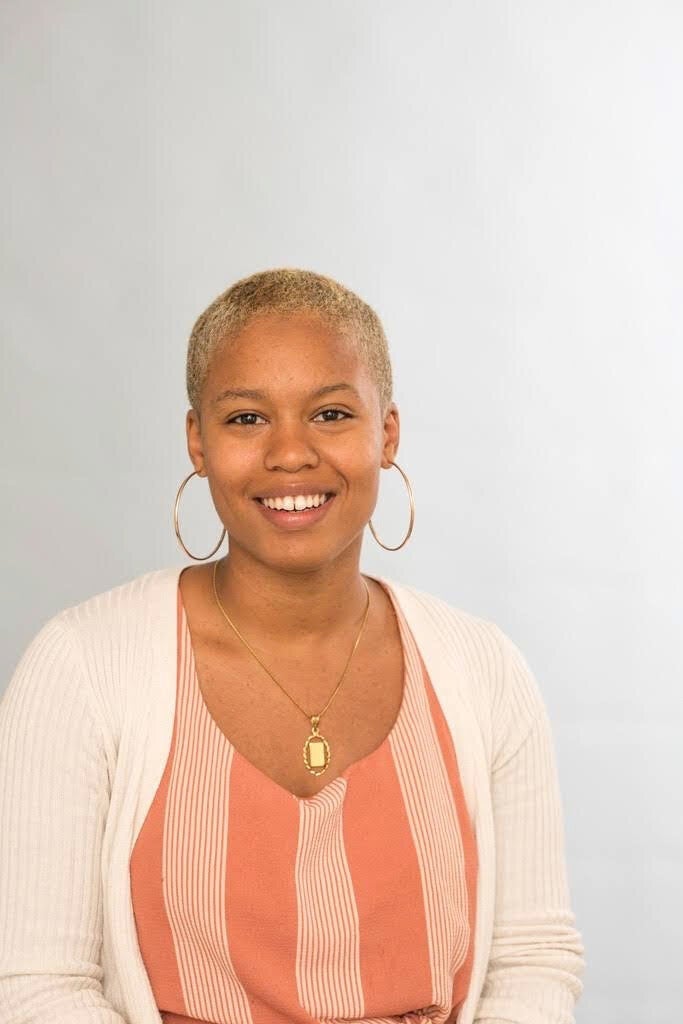Reducing Birthing Health Disparities in Chicago’s South Side
Introduction
My time as a policy and program intern at the Chicago South Side Birth Center has been a whirlwind of learning, community connection, and engagement in critical reproductive health issues. The work I’ve been doing has illuminated the intersection between policy, community-based care, and the empowerment of birthing people, particularly Black women in Chicago's South Side.
Building a Map of Doulas and Midwives
One of the main projects I've been working on is creating a comprehensive map of doulas and midwives. This project is rooted in the need for accessible, culturally competent birthing support. By mapping out available resources, we’re increasing visibility and working towards closing the gaps in birthing health disparities that Black communities face. Through the mapping, we intend to build networks of care that are responsive to the needs of families in our area.
The work involves a lot of data gathering, conversations with community-based organizations, and understanding the unique roles doulas and midwives play. This project is also part of a broader vision to ensure that people in the South Side have the support they need throughout their pregnancy journey, from prenatal care to postpartum.
Conversations with Key Organizations
I've had the privilege of engaging with organizations like EverThrive Illinois, the Illinois Policy Team at Start Early, and the Illinois Department of Public Health throughout this process. These conversations have broadened my understanding of birth and child health policies and highlighted the collective effort required to effect meaningful change.
With EverThrive Illinois, we’ve discussed reproductive justice and how to advocate for birth health equity. Their commitment to reducing health disparities among women of color has been particularly inspiring, and I’ve learned much about the policy landscape from these interactions.
The Illinois Policy Team at Start Early has been instrumental in helping me understand early childhood development’s importance in the broader conversation about birth work. Their insights into birth-child health policy help inform how community-driven solutions can align with state and federal policy efforts.
The Illinois Department of Public Health has provided crucial insights into the regulatory aspects of birth health services. By connecting with them, I’ve gained a clearer picture of the policy mechanisms that influence access to care and how public health initiatives can be supported by grassroots efforts.
Community Events: Latch n’ Stroll and October Teach-In
Participating in the Latch n’ Stroll event on August 31st was a big highlight of my internship. The event raised awareness about chestfeeding and birthing health by gathering health advocates, birth workers, families, and even Mayor Brandon Johnson. It was incredible to witness the power of collective action in breaking down stigmas surrounding chestfeeding, particularly in Black communities, where support for chestfeeding is often lacking. The event was not just a stroll but a celebration of resilience, community care, and support for birthing people.
The October 8th teach-in event was another exciting opportunity for public engagement. This teach-in focused on educating the community about the importance of midwifery and doula care, the policy challenges these professionals face, and how we can collectively advocate for better birthing health services. I helped to plan and outreach for this event, ensuring it reached as many people as possible.
Reflecting on the Journey
This internship has been a deep dive into the policy and practical aspects of birthing health care. From building connections with doulas and midwives to engaging with policy leaders and planning community events, I’ve seen firsthand how much collaboration is required to bring about systemic change. It’s been an eye-opening experience to witness the power of community-driven solutions and the importance of ensuring that policies reflect the needs of those most impacted by health disparities.
As I continue this journey, I’m eager to deepen my engagement with these issues and contribute to the movement for birthing health equity in Chicago. The work of the Chicago South Side Birth Center is critical, and I’m honored to be part of this effort to create a more just and supportive environment for birthing people in our community.
About the Author

About the Author
Tynetta, MPH candidate in the Community Health Sciences division at the School of Public Health ,will continue working on projects centered on policy and public health initiatives that aim to create meaningful impacts for Black, queer, and women communities, in particular their well-being, the dismantling of carceral systems, and the importance of birth workers. You can stay in contact with them at tynettamuh@gmail.com